In our fast-paced world, where upgrading to the latest technology is almost a ritual, from new iPhones to high-performance graphics cards, we often overlook the fate of our old devices. These pieces of vintage tech, whether resold or discarded, can still serve important roles in unexpected ways. Here are eight fascinating examples of how outdated technology continues to be both operational and essential in various sectors.
Table of Contents
- Retro Computers Mining Bitcoin
- A Reliable Mechanic’s Assistant Since the '80s
- Vintage Tech as a Bakery POS System
- Outdated Systems Managing Nuclear Arsenals
- Windows XP Powers Multi-Billion Dollar Aircraft Carrier
- Critical Airport Infrastructure Fails Due to Legacy Software
- Classic Hardware Used for Cutting-Edge Research
- Nostalgia Keeps Old Systems Alive
Retro Computers Mining Bitcoin
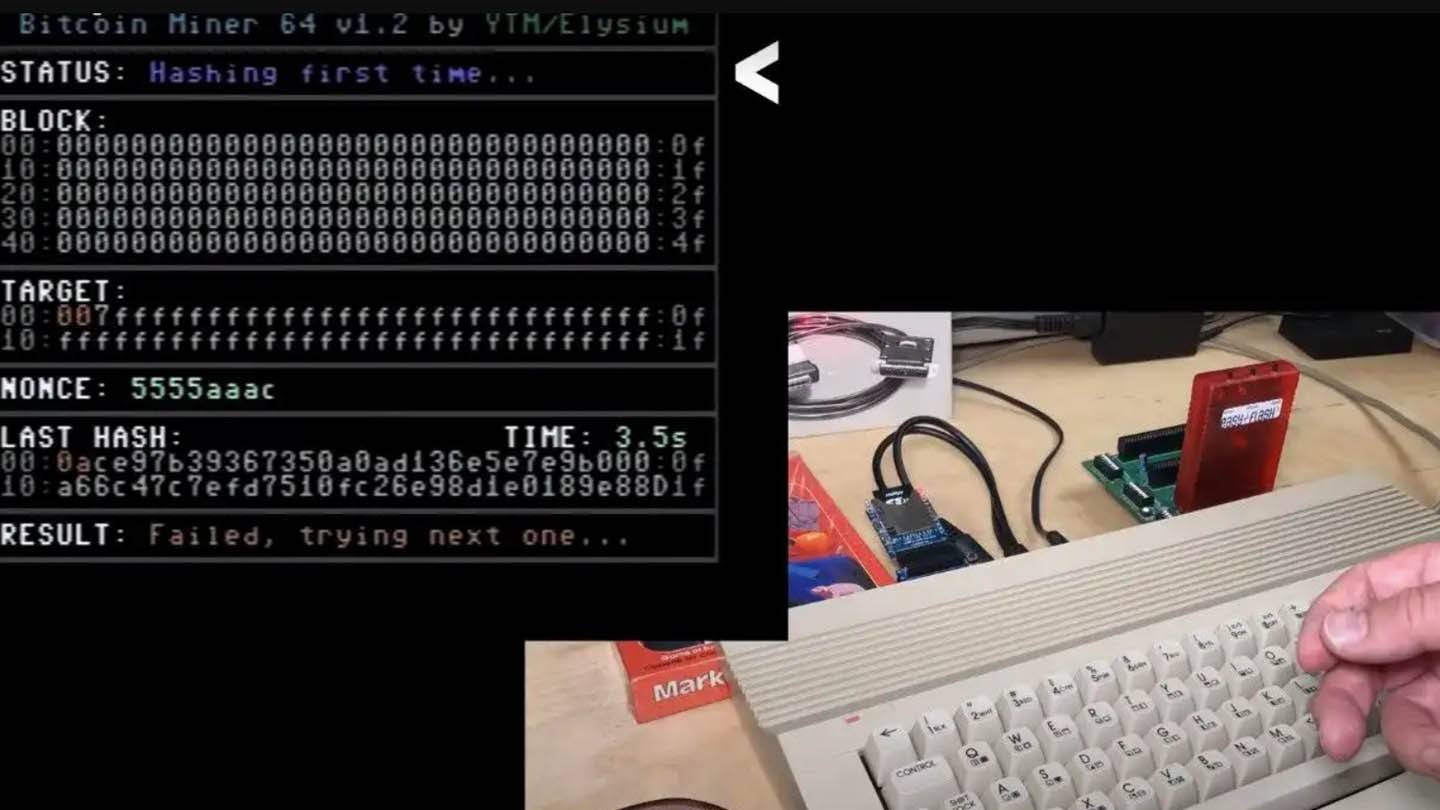 Image: x.com
Image: x.com
An enthusiast has shown that even the Commodore 64 from 1982 can be used to mine Bitcoin. However, with its 8-bit, 1 MHz processor, it manages only 0.3 hashes per second. To put that into perspective, an RTX 3080 GPU can handle 100 million hashes per second. At this pace, mining one Bitcoin with the Commodore 64 would take an astronomical billion years.
In a similar vein, YouTuber stacksmashing experimented with a Nintendo Game Boy from 1989. By linking it to the internet through a Raspberry Pi Pico microcontroller, he managed to run a mining program. The Game Boy achieves 0.8 hashes per second, a slight improvement over the C64 but still 125 trillion times slower than modern ASIC miners. Mining one Bitcoin with the Game Boy would take longer than the universe has been in existence.
A Reliable Mechanic’s Assistant Since the '80s
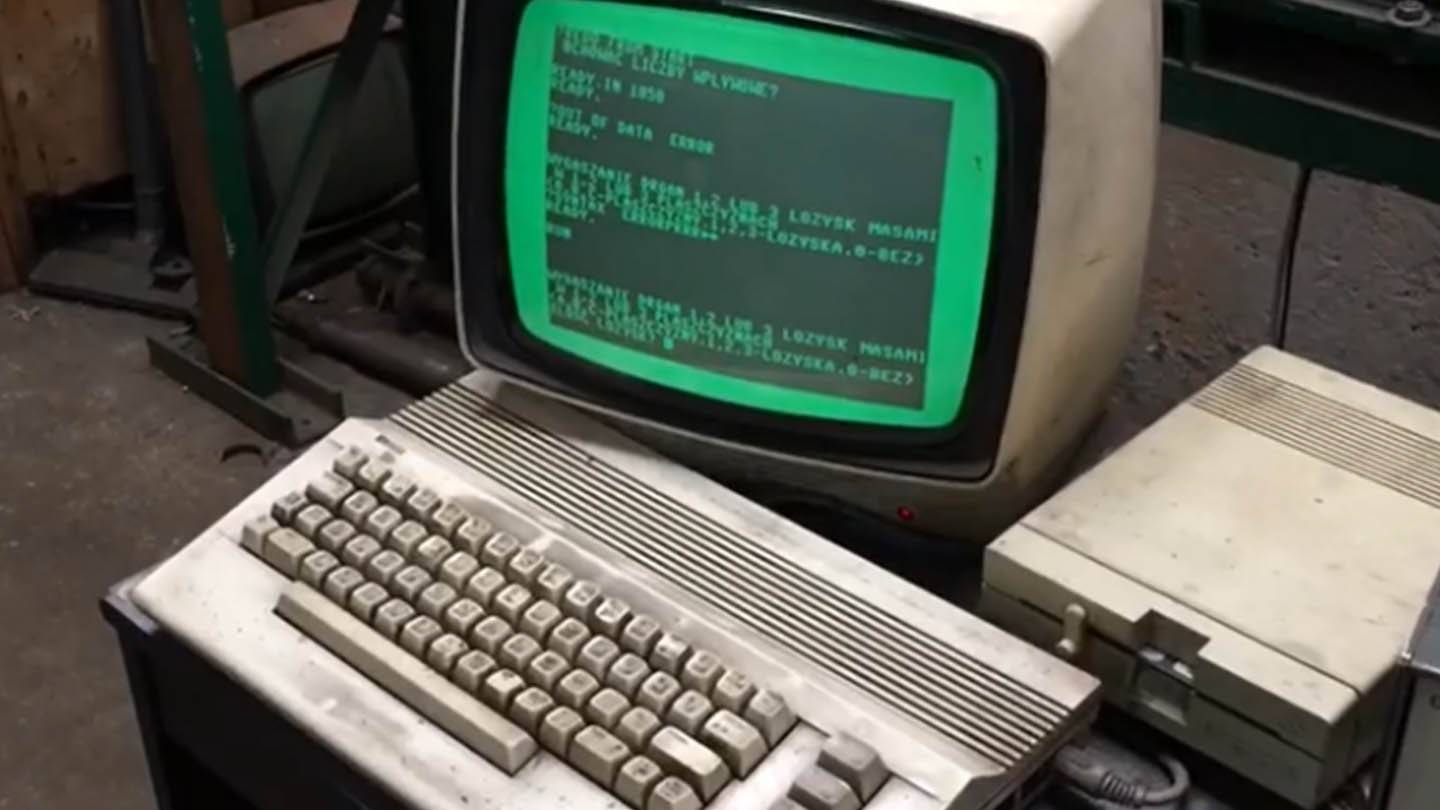 Image: x.com
Image: x.com
In Gdansk, Poland, a Commodore 64C has been a steadfast assistant to mechanics for over 30 years. Surviving even a flood, this computer continues to perform drive shaft calculations with its 1 MHz CPU and 64 KB of memory. The resilience of this vintage tech, running custom software, underscores the longevity and reliability of older systems over their modern counterparts.
Vintage Tech as a Bakery POS System
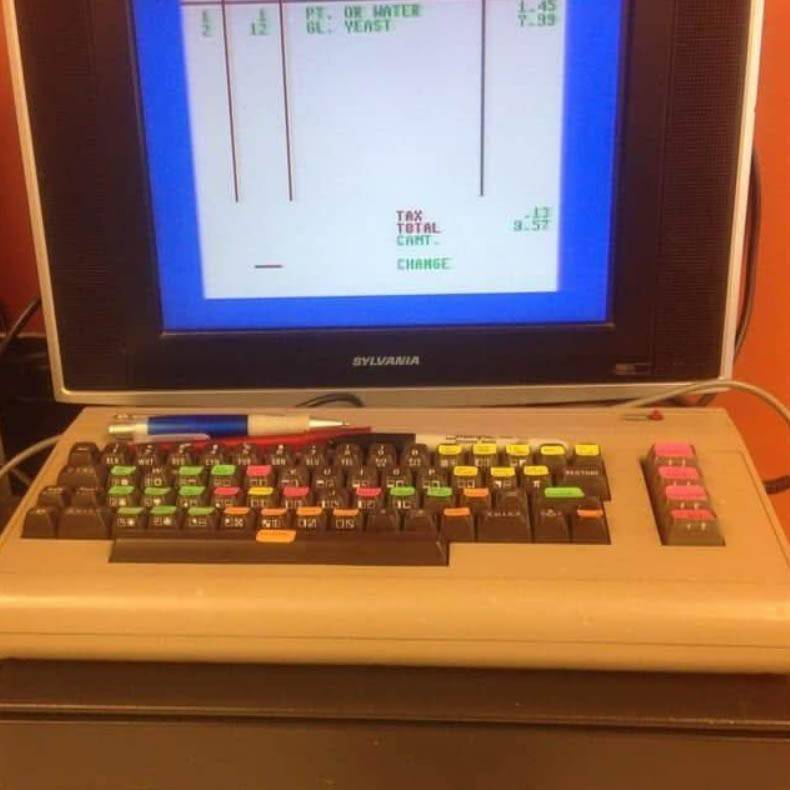 Image: x.com
Image: x.com
An Indiana bakery has been using a Commodore 64 as its point-of-sale (POS) system since the 1980s. Dubbed the "breadbox," this computer acts as an effective online cash register. Unlike modern POS systems that often face issues with software updates, the C64's reliability is unmatched, requiring only updates to keyboard labels for its baked goods.
Outdated Systems Managing Nuclear Arsenals
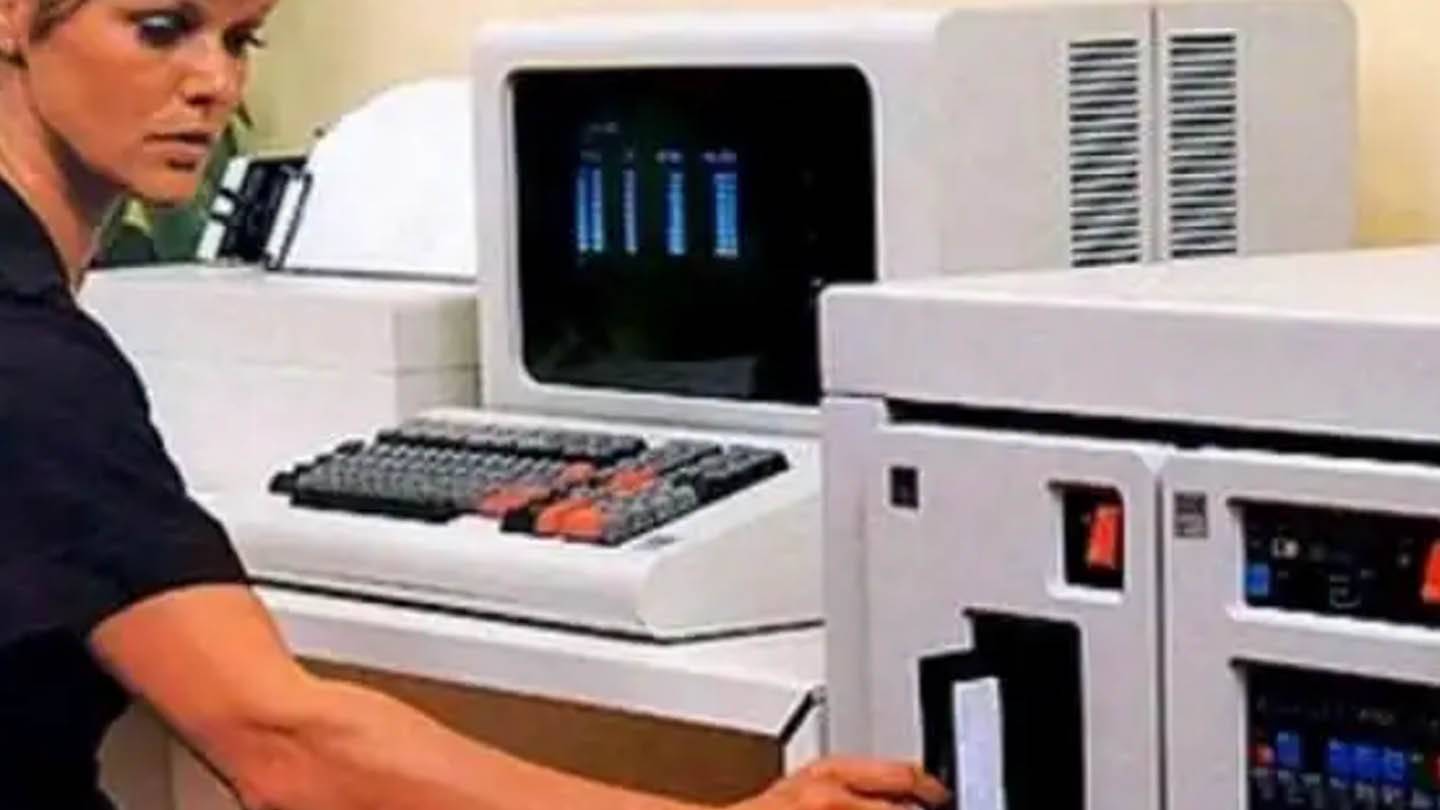 Image: x.com
Image: x.com
Surprisingly, the United States manages its nuclear arsenal using an IBM computer from 1976, which relies on 8-inch floppy disks with a capacity of about 80 KB, less than an average instant message. Despite plans for modernization, the current system remains in use due to its proven reliability.
Similarly, Germany's naval fleet, including its Brandenburg-class frigates built in the 1990s, still uses 8-inch floppy disks. While upgrades such as floppy disk emulators are being considered, the nostalgia for the original systems keeps them in service.
Windows XP Powers Multi-Billion Dollar Aircraft Carrier
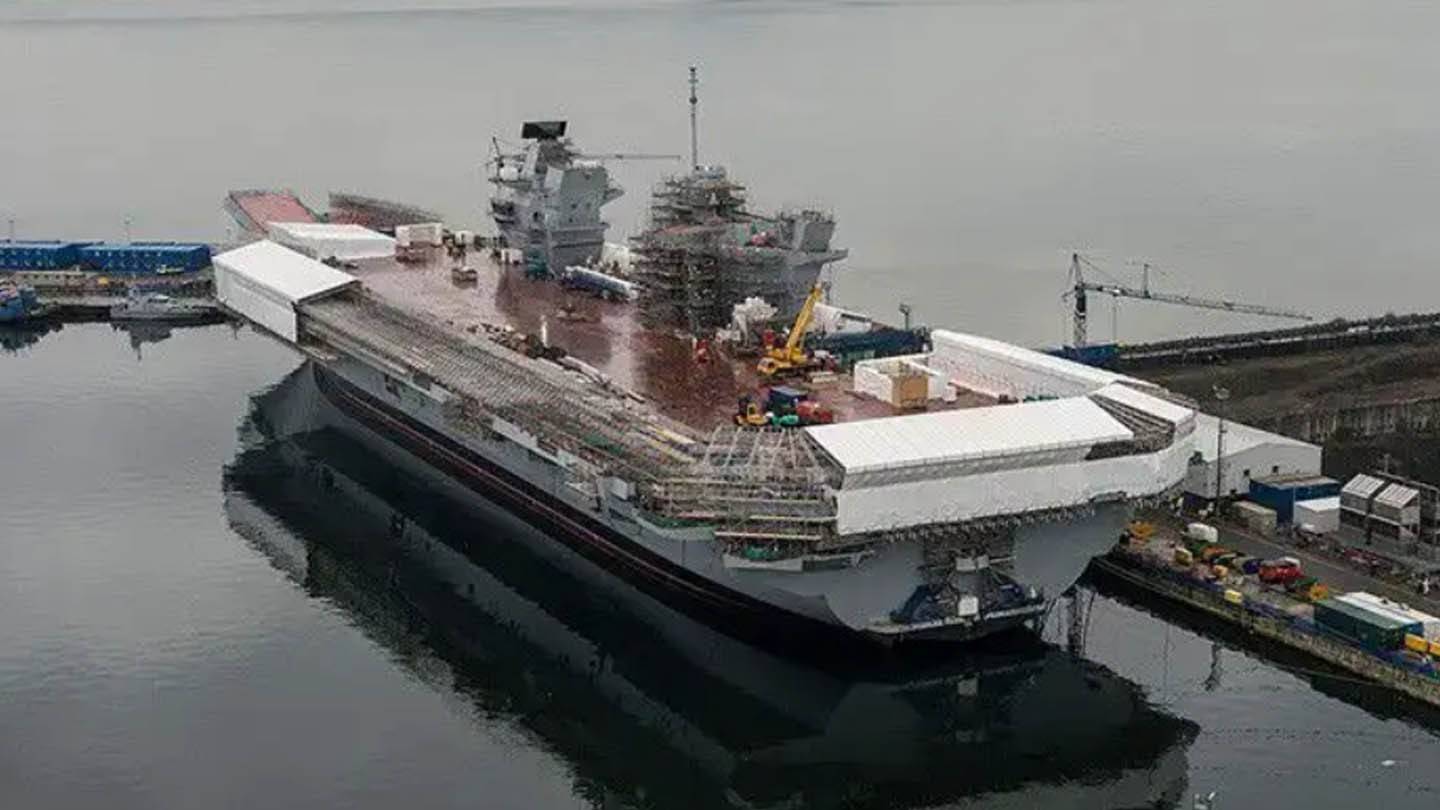 Image: x.com
Image: x.com
The British aircraft carrier HMS Queen Elizabeth, valued at billions, operates on Windows XP, an operating system that ceased support in 2014. The Royal Navy claims to have implemented all necessary security measures, yet the use of such outdated software raises concerns.
Additionally, Britain's Vanguard-class submarines, including Victorious, Vigilant, and Vengeance, also rely on Windows XP for managing intercontinental missiles. These systems are kept offline for security, and updates are not scheduled until 2028.
Critical Airport Infrastructure Fails Due to Legacy Software
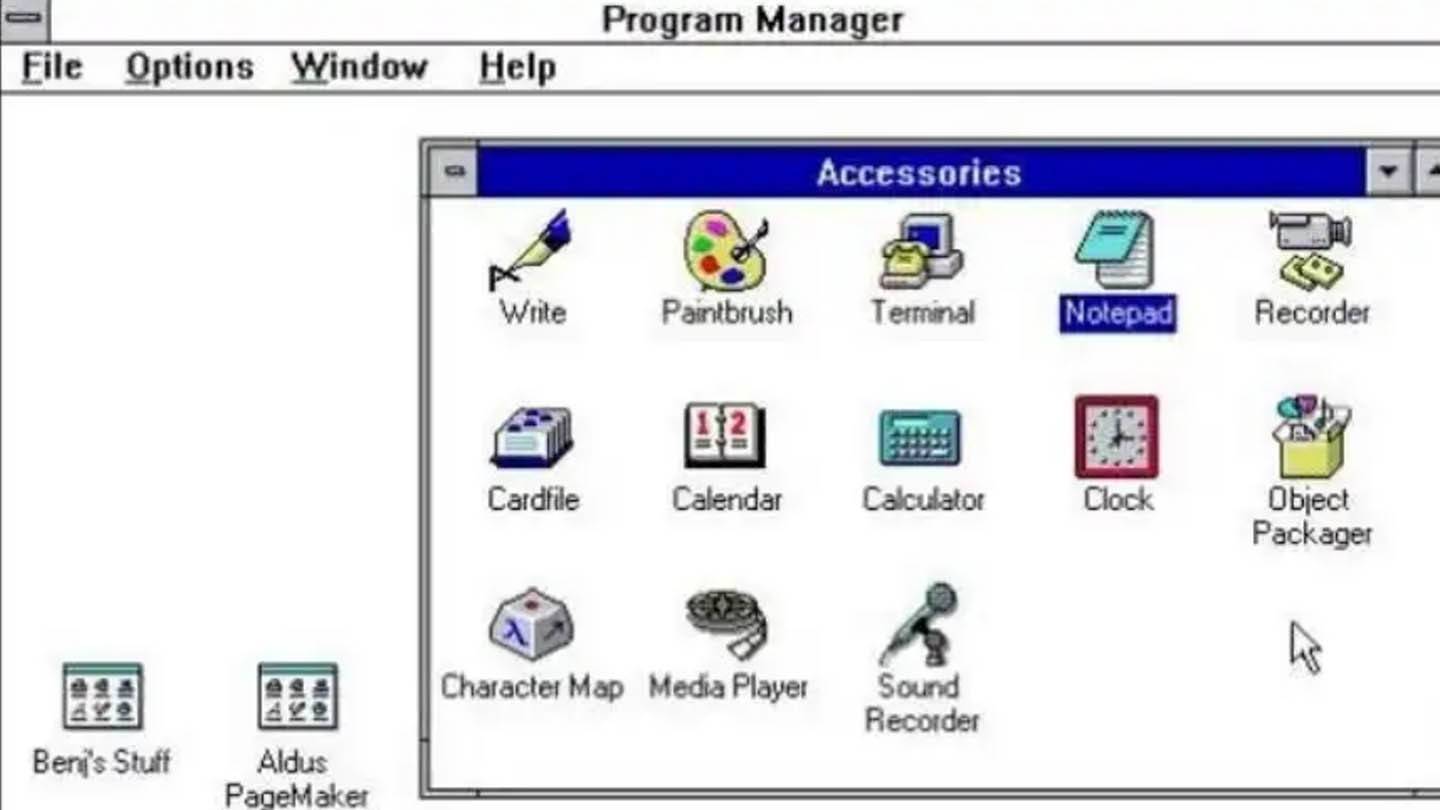 Image: x.com
Image: x.com
In 2015, Paris Orly Airport faced a significant setback when a computer running Windows 3.1, a 1992 operating system, crashed. The DECOR software, crucial for providing pilots with weather data, malfunctioned, leading to flight suspensions for safety. Witty observers suggested the computer might have been trying to upgrade to Windows 95.
Classic Hardware Used for Cutting-Edge Research
Though not directly mentioned in the original article, classic hardware often finds new life in scientific research. Retro computers like the Commodore 64 are used in educational environments to teach programming basics or simulate simple physics experiments. Their straightforward design makes them perfect for grasping fundamental computing concepts.
Nostalgia Keeps Old Systems Alive
Beyond their practical uses, many organizations hold onto legacy systems out of nostalgia or habit. Maintaining compatibility with existing workflows or avoiding the expense of upgrades often plays a role in these decisions, highlighting the lasting value of familiar technology.
These examples illustrate the surprising resilience and utility of outdated technology across various industries. From mining Bitcoin with gaming consoles to guiding nuclear arsenals with ancient computers, legacy tech continues to demonstrate its enduring value through simplicity and reliability. While eventual upgrades may replace them, these devices serve as a testament to the lasting impact of technology.

 Image: x.com
Image: x.com
 Image: x.com
Image: x.com
 Image: x.com
Image: x.com
 Image: x.com
Image: x.com
 Image: x.com
Image: x.com
 Image: x.com
Image: x.com
 LATEST ARTICLES
LATEST ARTICLES 












